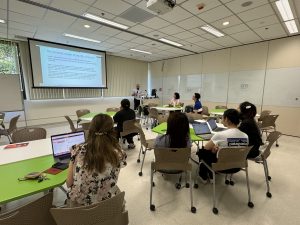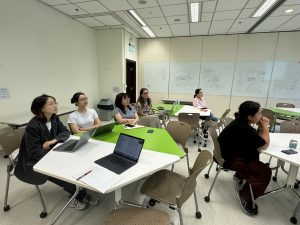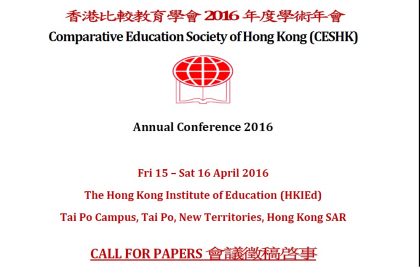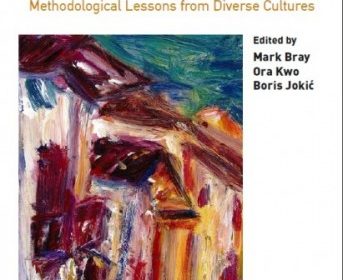CERC hosted a seminar on May 14th, featuring Dr. Ibrar Bhatt, who presented his research on the intricate connections between the literacies of religious practice, food heritage, and artistic expression within Sino-Muslim communities in Mainland China.
The seminar aimed to shed light on the significance of heritage literacy in understanding and preserving the rich cultural heritage of Sino-Muslims. Dr. Bhatt’s presentation drew from a comprehensive dataset of images, artefacts, and interviews collected during his study on Sino-Muslim heritage literacy. His research delved into the semiotic materials prevalent in Sino-Muslim daily life and heritage practice, including restaurant signage, religious education, and various art forms such as calligraphy, paper-cutting, and Kung Fu.
During the seminar, Dr. Bhatt emphasized the importance of everyday heritage literacy in expressing, constructing, and remembering Sino-Muslim heritage. He highlighted how these intertwined spheres of social activity provide a platform for the diverse and nuanced display and manipulation of Sino-Muslim heritage. Currently engaged in fieldwork in Hong Kong SAR for a project funded by the British Academy, Dr. Bhatt concluded his presentation by offering further insights into how heritage literacy intersects with commercial conditions and population flows. His findings pointed to the significance of heritage literacy as an important field of study, which can complement ongoing research on heritage language and heritage education in Hong Kong SAR and the Greater Bay Area.
The seminar, organized by CERC and chaired by Prof. Yang Lili, provided a valuable platform for researchers, academics, and individuals interested in heritage literacy to engage in meaningful discussions and exchange ideas. It served as a significant step forward in understanding the complex dynamics of Sino-Muslim heritage and its role in contemporary society.

















